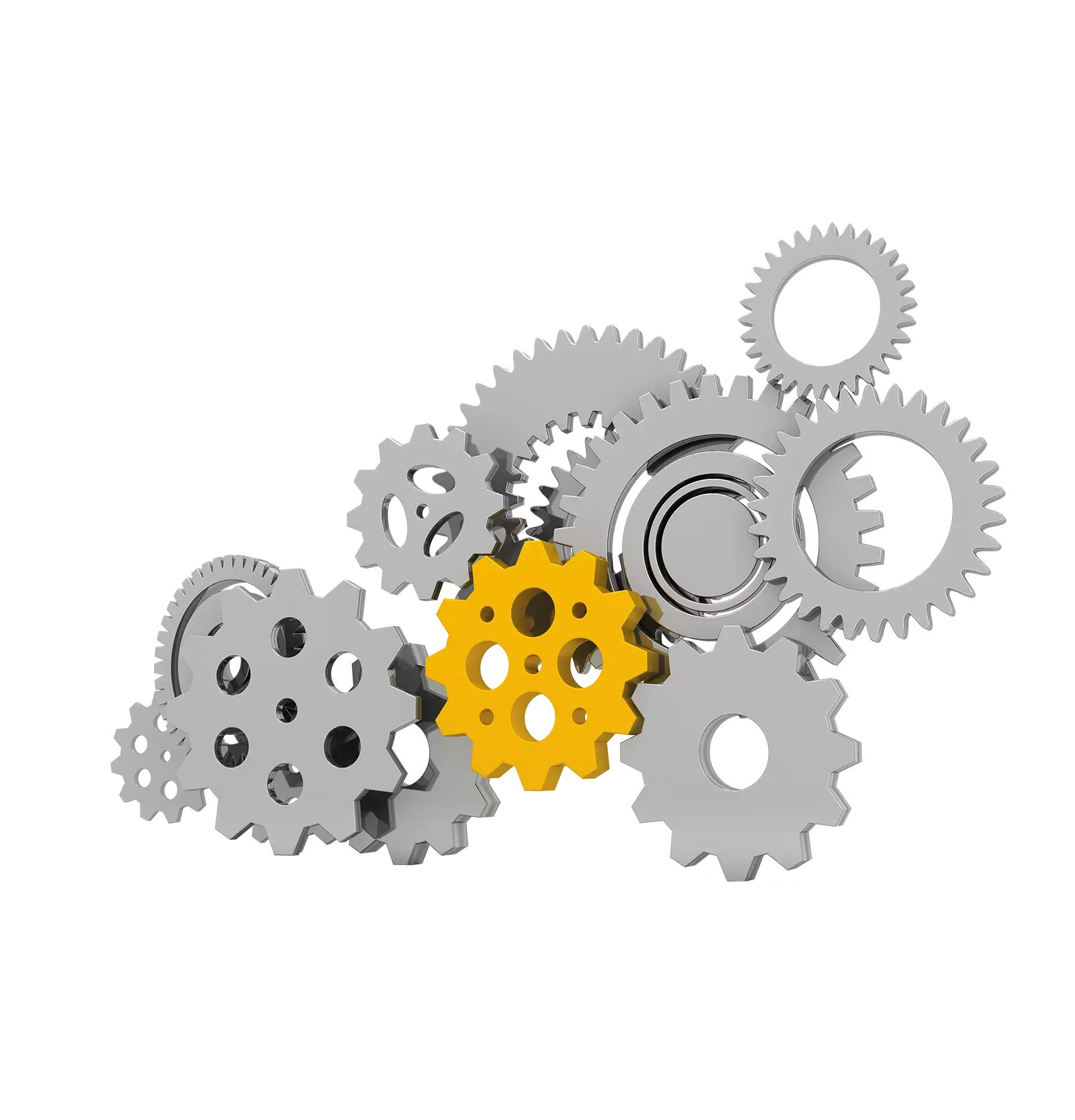How Data Unlocks Value in a Challenging Food and Beverage Market
How Data Unlocks Value in a Challenging Food and Beverage Market
How Data Unlocks Value in a Challenging Food and Beverage Market
8 Juni 2022
 John McCurdy | Senior Content Writer, Marketing
John McCurdy | Senior Content Writer, Marketing
With the costs of doing business in the food and beverage market increasing and showing no signs of abating, industry professionals such as yourself are highly motivated to find new ways of unlocking additional value in their products and processes. After all, passing the financial burden onto the end consumer can only go so far—price hikes will always be a turn-off for today’s savvy shoppers.
The place to look may well be within your facility’s four walls. The facts and figures stored within your organization’s systems can be tremendously helpful in producing actionable insights and driving improvement that leads to a healthier bottom line—which gives the phrase “a wealth of information” a whole new meaning.
Leaders in the food and beverage space have already realized this truth to an extent, as big data and analytics ranked as the technology to have the greatest impact over the next five years in IDC’s Global Food and Beverage Industry Trends and Strategic Insights whitepaper commissioned by Aptean. That speaks to the power of knowledge, as well as how seriously decision-makers are about leveraging new technologies in this area.
But how, exactly, can all this help you drive better results and boost overall profitability? There are several answers to that question, and they range across various areas of operations. Without further ado, let’s jump in and discuss each in greater detail to shed light on the benefits of data analytics in the food and beverage industry.
Increasing Efficiency
The more efficient your processes are, the more your staff and equipment can get done day in and day out—it’s as simple as that. What isn’t so simple, however, is figuring out how to make your procedures run in a more streamlined fashion…but that’s where data comes in.
By scrutinizing the performance metrics of each of your manufacturing lines, you’ll be able to identify those that are working well and those that may require intervention in order to achieve better results. You can also dig into the effectiveness of your teams and make personnel adjustments as necessary should you find that your shifts need to be re-optimized.
As for the best way to get the data you need to undertake these steps, there’s nothing like an industry-specific enterprise resource planning (ERP) solution for maintaining a “single source of truth” for your whole business. Advanced systems like our own industry-specific food and beverage software, Aptean Food & Beverage ERP, even automate the information capture process by integrating with your equipment and importing readings in real time.
And if your organization needs even more in terms of data visibility and shop floor intelligence, you can consider pairing a dedicated overall equipment effectiveness (OEE) or business intelligence (BI) platform with your ERP.
Reducing Waste
Waste will always be a drain on food and beverage businesses—such is the nature of a market dealing in many perishable goods. It should not be a foregone conclusion, though, that the amount of waste you’re currently generating is unavoidable, and data can give you insight into how to improve in this regard.
By crunching the numbers, you may find that one or several of your manufacturing processes are resulting in an excessive number of defective items, in which case you can investigate and rectify the problem. You also need to make sure you’re on top of your freshness ranges, as spoilage can be a considerable source of loss.
A purpose-built ERP platform can have a significant impact on reducing food waste by maintaining and tracking your expiration dates in a fully digital database and helping to guide a “first-expiry, first-out” (FEFO) picking method. A robust solution can also provide perspective on historical performance of your lines so that, in the case of a rash of compromised products, you can determine when the malfunction that caused the incident occurred.
Ensuring Quality
Declining or inconsistent quality of your goods can drag down your brand reputation and customer loyalty, which will almost certainly put a crimp in attaining your organization’s profitability goals. While not all of your data on this front will be strictly quantitative—aspects like color and shape are decidedly qualitative—you can absolutely still utilize the information to engineer better outcomes in the future.
Many different factors influence quality, and each should be seen as a valuable datapoint in determining whether or not an individual item meets your company’s standards and the expectations of consumers. And when certain trends emerge—for example, many loaves are burned in a bakery operation—you’ll know it’s time to intervene and correct the underlying issue.
A food and beverage-specific ERP will come equipped with the tools to measure quality objectively and ensure that all of your critical checks are completed. Here again, the ability of Aptean Food & Beverage ERP to integrate with your equipment can be a game-changer, as you’ll be able to see your results as they occur and intervene if necessary to make sure everything rolling off your lines is satisfactory.
Optimizing Product Portfolio
No matter how well you’ve tailored your lineup, some products are bound to perform better than others. Additionally, the different prices of the various raw materials that go into each will impact the margin at which you can sell your finished goods, and as those costs fluctuate, certain offerings are likely to become more or less profitable.
Digging into your financials to determine which are your “winning” items and which are underperforming will allow you to shift your production targets accordingly in order to maximize earning potential. Of course, market demand is also an important matter to consider, as without a receptive audience, even the finest of food and drink might go unsold.
An ERP system built for food businesses like yours will be designed with this knowledge and thus should come with robust analytics that let you see how well your lines are doing at a very granular level. You’ll also be able to monitor demand over time and observe seasonal trends to inform your decisions of which products to focus on and when.
Becoming a Data-Driven Organization with Food ERP Software
The points above cover just a handful of the ways big data in the food industry can be utilized to get more value out of what you already have, including ingredients, products, equipment and staff. That’s the power of acting based on information as opposed to inclinations—cold hard facts will trump hunches over the long haul, and embedding that ethos in your company culture can really pay off.
Here at Aptean, we champion “digital transformation” as an imperative for food and beverage businesses because we recognize that putting modern, purpose-built technologies like ERP systems in place is the best way to future-proof your organization and keep your results trending upward. In large part, that’s because such efforts do so much to increase your ability to track important facts and figures and then extract actionable insights from them.
We set ourselves apart as a solutions provider by facilitating your implementation with best practice guidance and assistance in plotting your “roadmap.” Our teams bring decades of collective food and beverage knowledge to the table, and it’s all backed by superior technical know-how, dedicated IT support and industry-specific technology built on an underlying Microsoft Dynamics 365 Business Central framework.
For one last Aptean advantage, consider our flexible cloud deployments for a lightweight and highly accessible platform. With lower up-front costs, increased security with redundant offsite servers and system uptime of 99.9% or better, the benefits are considerable, and you can start harnessing the power of your data that much sooner with a phased rollout.
Ready to learn more about Aptean Food & Beverage ERP and how it can help your business unlock additional value? Contact us today, or schedule a personalized demo.
Dealing with Disruptions in the Food and Beverage Industry
Disruptions are increasingly common in the food and beverage industry. Learn how ERP technology can help you tackle these challenges.



